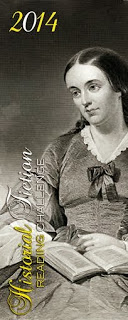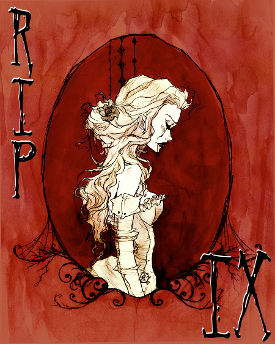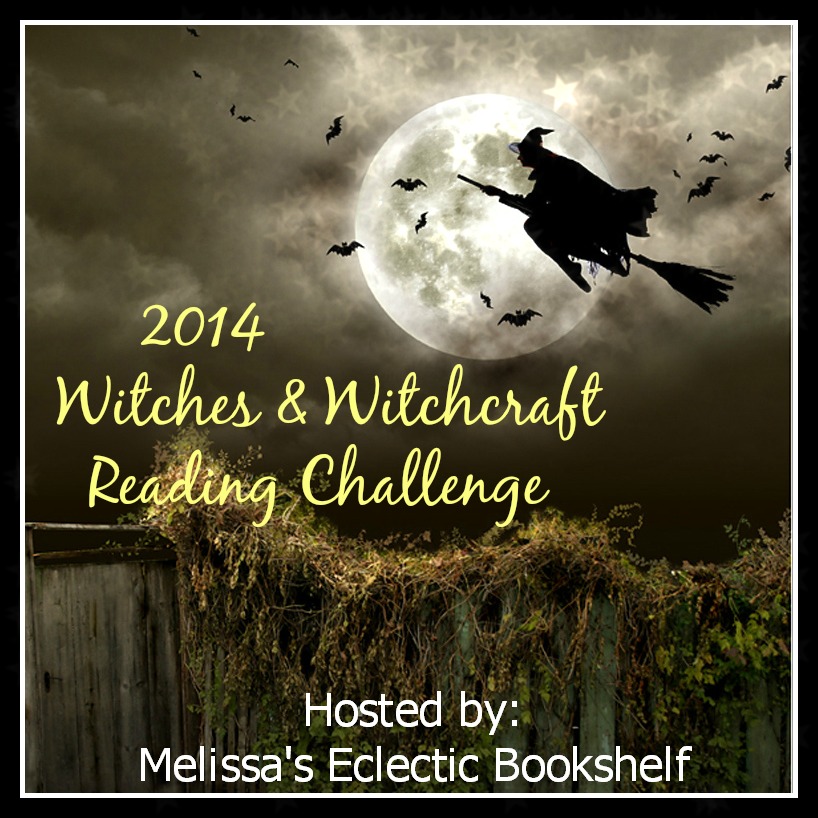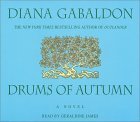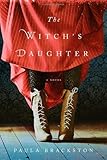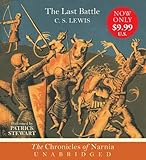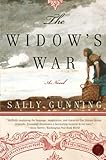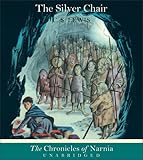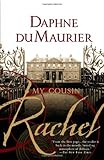 Near the end of Daphne du Maurier’s My Cousin Rachel, the protagonist, Philip Ashley, reflects:
Near the end of Daphne du Maurier’s My Cousin Rachel, the protagonist, Philip Ashley, reflects:
“My tutor at Harrow, when teaching in Fifth Form, told us once that truth was something intangible, unseen, which sometimes we stumbled upon and did not recognise, but was found, and held, and understood only by old people near their death, or sometimes by the very pure, the very young.” (316)
Philip was raised by his cousin, Ambrose, who travels to Italy for his health and meets a mysterious woman named Rachel. Ambrose, a confirmed bachelor, surprises everyone by marrying Rachel. Before Ambrose is able to return to Cornwall with his bride, he falls sick and dies. At first Philip is sure that his new cousin Rachel bears responsibility, but when Rachel appears at his door in Cornwall, he quickly becomes entranced by her. But is she guilty of Ambrose’s death?
I picked up this book because I love, love, love Rebecca. This book is not quite as good as Rebecca, but once again, du Maurier’s gift for rendering the Cornish coast setting and for creating interesting, troubled characters is on display in My Cousin Rachel. Rachel reminded me in many ways of Rebecca, the titular character of du Maurier’s more famous work. Even upon finishing the book, I’m still not sure what to think, and I admire the way du Maurier deftly tied the beginning to the end and brought the story around full circle. I very much enjoyed the minor characters in this book, as well. Seecombe, the butler, was particularly enjoyable. I didn’t have the sense of reading a book so gripping I couldn’t put it down, which did happen with Rebecca, but I certainly found My Cousin Rachel enjoyable. I picked it up to read for the R. I. P. Challenge, but I didn’t finish it in time. I do think that readers who enjoyed Rebecca will like this book, too, but as I said, it’s no Rebecca. Truthfully, though, few books are. I’ve been looking for a gothic read of Rebecca‘s caliber for some time now with no luck.
Rating:






